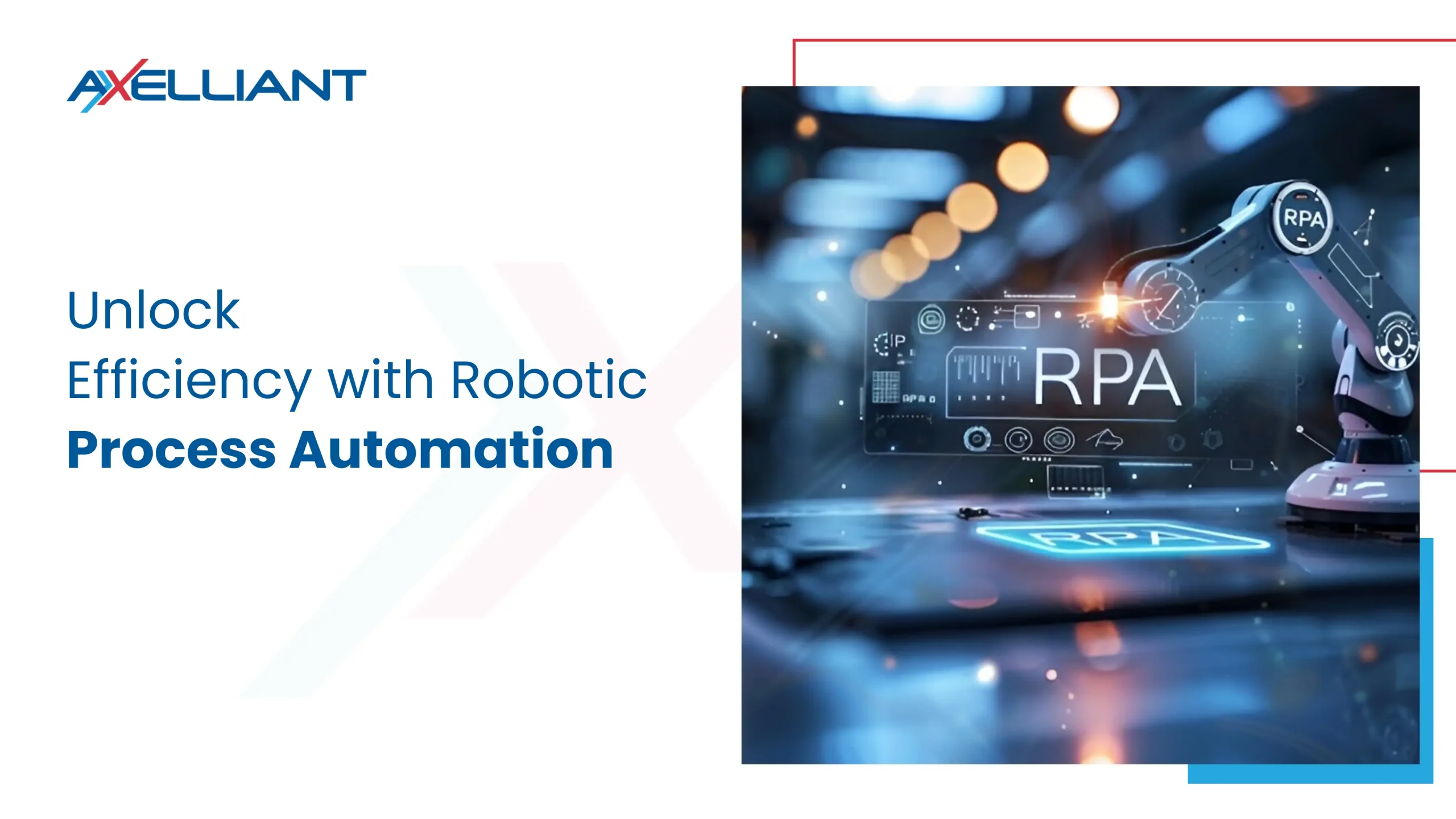In today’s fast-paced digital environment, businesses are constantly on the lookout for solutions that improve efficiency, reduce costs, and maintain a competitive edge. One such solution that has become indispensable is Robotic Process Automation (RPA). Although it may sound futuristic, RPA is a practical technology that automates routine tasks, allowing organizations to focus on more strategic goals. This guide will delve into what RPA is, its key benefits, its impact across various sectors, and how it can be implemented effectively.
What Exactly is Robotic Process Automation?
Robotic Process Automation (RPA) is a software-driven technology that automates repetitive, rule-based tasks traditionally performed by humans. Unlike physical robots, RPA operates as software “bots” that interact with digital systems and applications just as a person would. These bots can handle various tasks, including data extraction, processing, and interaction with different software applications.
The primary advantage of RPA is its ability to perform tasks with greater speed, accuracy, and consistency than human workers. RPA bots can function around the clock without breaks, making them extremely efficient. Moreover, they can be deployed across multiple applications, offering vast potential for optimizing processes within any organization.
Contrary to concerns that RPA might lead to job losses, this technology actually enhances the work environment by automating mundane and repetitive tasks. This allows employees to focus on more meaningful and engaging work, leading to higher job satisfaction and improved overall morale. As a result, customer experiences are also enhanced, as employees have more time to devote to tasks that require human creativity and problem-solving.
Why Your Business Needs RPA: Key Advantages
Implementing RPA can significantly transform an organization’s operations by offering numerous benefits beyond cost savings. Here are some of the most important advantages:
- Boosting Operational Efficiency
RPA streamlines workflows by automating repetitive tasks, leading to quicker process completion, higher productivity, and the ability to manage larger workloads without additional staff. - Reducing Operational Costs
RPA provides significant cost reductions by minimizing the need for manual labor in routine tasks. A single RPA bot can handle the workload of multiple full-time employees at a fraction of the cost, allowing businesses to allocate resources more effectively. - Enhancing Accuracy and Compliance
Human errors are common in manual processes, especially those that involve repetitive data entry or complex procedures. RPA bots follow strict rules, ensuring tasks are performed accurately and in compliance with industry standards. - Scalable and Adaptable Solutions
RPA allows businesses to quickly scale operations by deploying additional bots to manage increased workloads. These bots can be reassigned to different tasks as needed, providing the flexibility required to adapt to changing business demands. - Elevating Employee Satisfaction
By automating tedious tasks, RPA frees employees to focus on more strategic and fulfilling responsibilities. This shift leads to higher job satisfaction, increased creativity, and better employee retention.
The Impact of RPA Across Various Industries
RPA is not limited to a single industry; its applications are wide-ranging and can benefit numerous sectors. Here’s how RPA is making an impact in some key industries:
- Insurance
In the insurance industry, RPA automates tasks like claims processing and policy management, leading to faster service delivery, lower operational costs, and improved customer satisfaction. - Banking
RPA is revolutionizing banking by automating customer service, data migration, and loan processing, which enhances operational efficiency and ensures compliance with regulations. - Healthcare
Healthcare providers use RPA to manage patient data, automate billing, and streamline supply chain operations, improving the overall patient experience and enabling healthcare professionals to focus on patient care. - Manufacturing
RPA in manufacturing helps manage inventory, ensure compliance, and automate quality control processes, resulting in reduced production costs and improved product quality. - Public Sector
Government agencies benefit from RPA by automating financial processes, human resource management, and procurement, leading to better service delivery and more efficient use of resources
Essential Features for a Successful RPA Implementation
To effectively implement RPA, it’s crucial to choose a platform that offers the following features:
- Identifying Automation Opportunities
Your RPA platform should be capable of discovering automation potential across various business processes, ensuring that the most impactful tasks are prioritized. - Developing High-Performance Bots
The platform should enable the creation of robust bots that can handle complex tasks efficiently, ensuring that automation meets your business needs. - Managing Automated Workflows
Efficient workflow management is essential for maximizing the benefits of RPA. Your platform should offer tools to monitor, manage, and optimize these workflows continuously.
Why RPA is a Must-Have for Modern Businesses
The rapid adoption of RPA across industries is driven by its ease of implementation and the clear, measurable benefits it provides. Here’s why RPA is becoming a cornerstone of digital transformation:
• High ROI: RPA offers a significant return on investment by reducing costs, improving accuracy, and increasing productivity.
• Seamless Integration: RPA can be easily integrated with existing legacy systems, minimizing disruption during implementation.
• Empowering Employees: RPA allows employees to automate their workflows, simplifying their tasks and improving overall efficiency.
Partner with Axelliant for Your RPA Needs
Robotic Process Automation is more than just a technological trend; it’s a critical element of modern business strategy. By automating repetitive tasks, RPA enables organizations to become more agile, efficient, and competitive. For businesses looking to stay ahead in the competitive landscape, partnering with a trusted provider like Axelliant is key.
At Axelliant, we specialize in helping businesses leverage RPA to streamline operations, reduce costs, and enhance productivity. Our expert team can guide you through every step of the RPA implementation process, from identifying the right opportunities to deploying and managing your bots. By choosing Axelliant, you ensure that your RPA journey is successful, allowing your organization to fully capitalize on the benefits of digital transformation.




